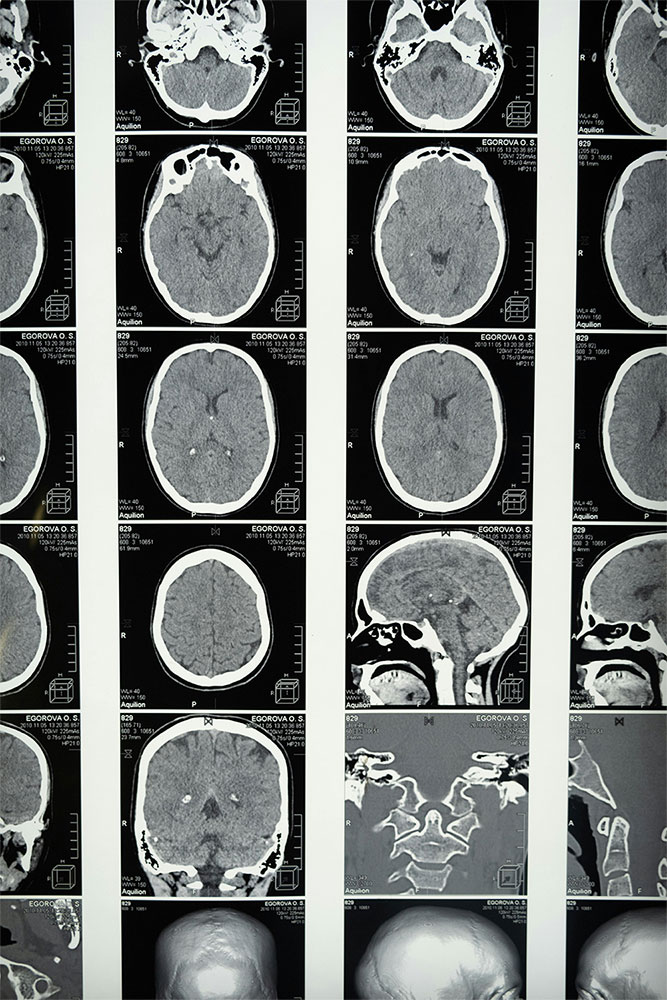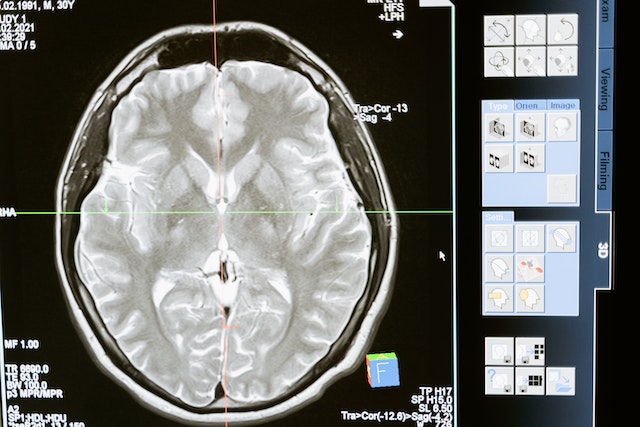In today’s society, sleep is often overlooked or sacrificed in favor of productivity and social commitments. However, research has shed light on the significant impact of sleep on our overall well-being. In this blog post, we will explore the fascinating connection between sleep and our body and brain health, uncovering both the positive effects of sufficient sleep and the alarming consequences of sleep deprivation.
The Power of Sleep for Hormonal Balance and Reproductive Health
Did you know that insufficient sleep can lead to hormonal imbalances in both men and women? Studies have shown that inadequate sleep can lower testosterone levels in men and affect reproductive health [1, 2]. Similarly, women can experience impairments in hormonal balance due to lack of sleep [3]. These findings highlight the importance of quality sleep for maintaining reproductive health.
Sleep’s Crucial Role in Learning and Memory
When it comes to our brain, sleep plays a vital role in learning and memory processes. Research has shown that sleep is necessary both before and after learning to optimize memory consolidation [4]. Without sufficient sleep, the brain’s ability to absorb and retain new information is compromised. Sleep deprivation can result in a significant deficit in memory formation, akin to a child failing an exam [5].
Understanding the Mechanisms of Memory Consolidation During Sleep
Scientists have discovered that specific brainwaves and bursts of electrical activity during deep sleep, known as sleep spindles, facilitate the transfer of memories from short-term to long-term storage in the brain [6]. These mechanisms act as a file-transfer system, protecting and enhancing memory and learning abilities. Understanding these physiological aspects of sleep could possibly offer new possibilities for interventions to improve memory function for both healthy and cognitively impaired people.
Sleep’s Influence on The Body’s Systems
Sleep loss extends beyond cognitive implications and impacts various body systems. Insufficient sleep has been linked to adverse effects on reproductive health, cardiovascular health, and the immune system [1, 7]. For instance, even a one-hour reduction in sleep due to daylight saving time has been associated with an increase in heart attacks and car accidents [8]. Furthermore, lack of sleep suppresses the activity of natural killer cells, compromising the body’s immune response and increasing the risk of developing certain cancers [9].
The Alarming Consequences of Sleep Deprivation
Sleep deprivation has far-reaching consequences for our overall health and mortality. Studies consistently show that shorter sleep durations are associated with a higher risk of all-cause mortality [10]. Sleep loss also negatively affects gene activity profiles, with changes observed in genes related to the immune system, chronic inflammation, and stress [11]. These findings highlight the deep impact of sleep on biological processes and overall well-being.
Promising Approaches to Enhance Sleep Quality
Recognizing the critical role of sleep in overall wellness, researchers are exploring various approaches to improve sleep quality. Lifestyle changes, such as establishing a consistent sleep schedule and creating a sleep-friendly environment, can promote better sleep. Additionally, relaxation techniques, such as meditation and deep breathing exercises, can help calm the mind and prepare the body for restful sleep [12].
Conclusion
Sleep is not merely a luxury or a time of inactivity; it is a fundamental pillar of our well-being. The evidence demonstrates that sufficient sleep is essential for maintaining hormonal balance, cognitive function, immune response, and overall longevity. By prioritizing quality sleep and adopting healthy sleep practices, we can enhance our overall wellness and unlock the numerous benefits that sleep has to offer.

References:
[8] Costa, J., Fleche, S., & Pagan, R. (2022). The Welfare Effects of Time Reallocation: Evidence from Daylight Saving Time.













































































































